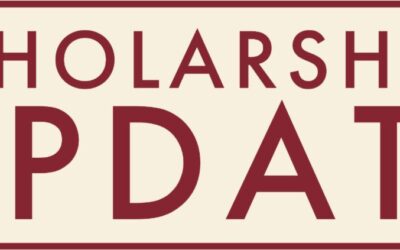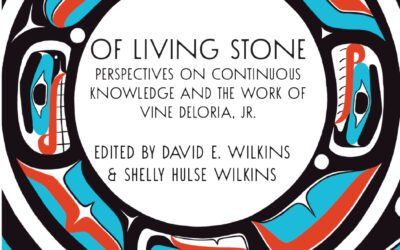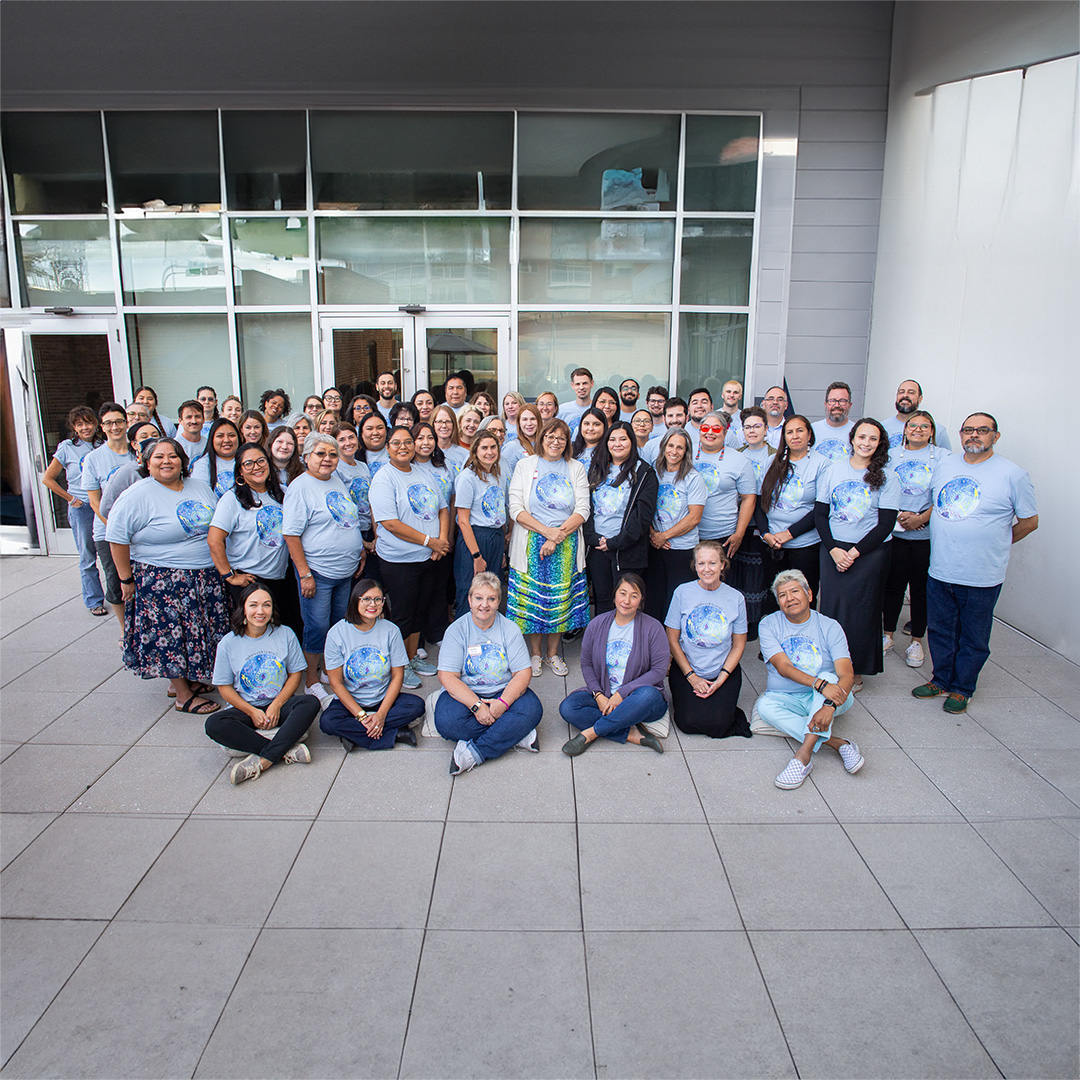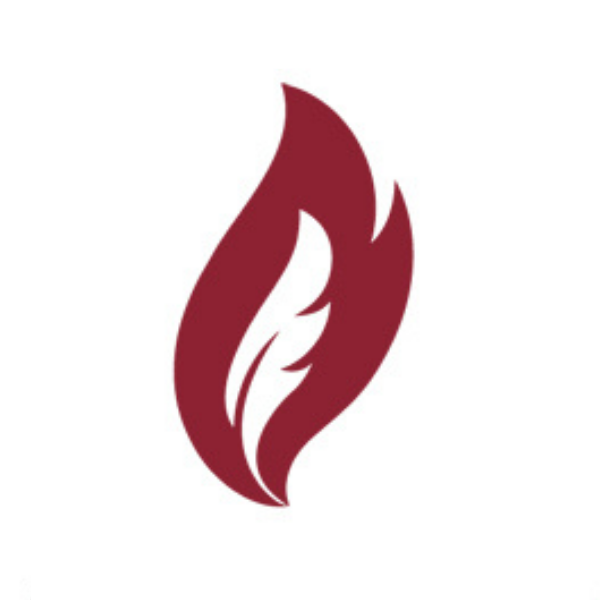Walmart knows that providing outstanding students with scholarships is just one of the stepping stones students need to succeed. Opportunities to network outside of campus and community are important in exposing students to new ideas and possibilities as part of a students’ intellectual development—and career path. To that end, Walmart provides student scholars with the opportunity to attend a professional conference of their choice. The American Indian College Fund is highlighting Walmart scholars and their experiences to show how these opportunities help our students grow and expand their opportunities.
Diane (Diné), a first-year student at Navajo Technical University, assumed she was one of the few people who valued incorporating Native culture into education. But thanks to the opportunity to attend the National Indian Education Association conference as a Walmart scholar, Diane discovered a community of educators who do just that.
The conference introduced Diane to Native women from across the country who are striving to “teach their tribal cultures from youth to adults, and the central understanding is never forgotten ancestors and the value of continuing education to improve community harmony, self-awareness, and develop our education system within.”
As a result, Diane is now examining her career and life goals.
“I cannot honestly say I never had any intention of teaching or encouraging the pursuit of higher education nor I was I against it, but it never occurred to me how to promote or point an enthusiastic individual in the right direction. This conference exposed me to vast ways people inspire others just through their teaching, and how they show younger students that others have faced what they are experiencing so they so do not feel alone,” Diane says.
After attending the NIEA conference Diane has found that she is not only interested in guiding young people in advancing their schooling, but also in advocating for her local tribal university.
The combined sessions exposed Diane to teaching techniques, learning through listening, and gave multiple examples of how to inspire and educate young people. She also learned about Native American study groups at numerous universities from every corner of the country.In addition to discovering teaching and learning tools, Diane also says the networking was invaluable. “I am more knowledgeable where to look how to apply and even contact people through the networking at this conference. I am incredibly grateful for this opportunity, the enlightenment showing me how to be a resource, positive influence, and mentor to young Natives.”
Diane also picked up information about U.S. government funding policy with regard to Indian reservations, and persistent inequities in funding when comparing American Indians and other ethnic and racial groups, and questioning and shedding light on the imbalance of government funding. “A continuing fight for equal expenditures will be required for all Native American tribes in the United States,” Diane says, noting that she is now willing to work for education of young people and help maintain their tribal culture.
The conference also gave Diane perspective. She cited a speaker in the general session, who spoke candidly about her adventures in earning her Ph.D. in education. “She felt alienated in a mainstream university; she noted limited Native American students, lack of representation, and loneliness. Yet she is an advocate for tribes creating and continuing accredited colleges and universities,” Diane says. “Life gives a bag of stones; it is our responsibility to create diamonds by reverting to traditional teachings and spirituality.”






